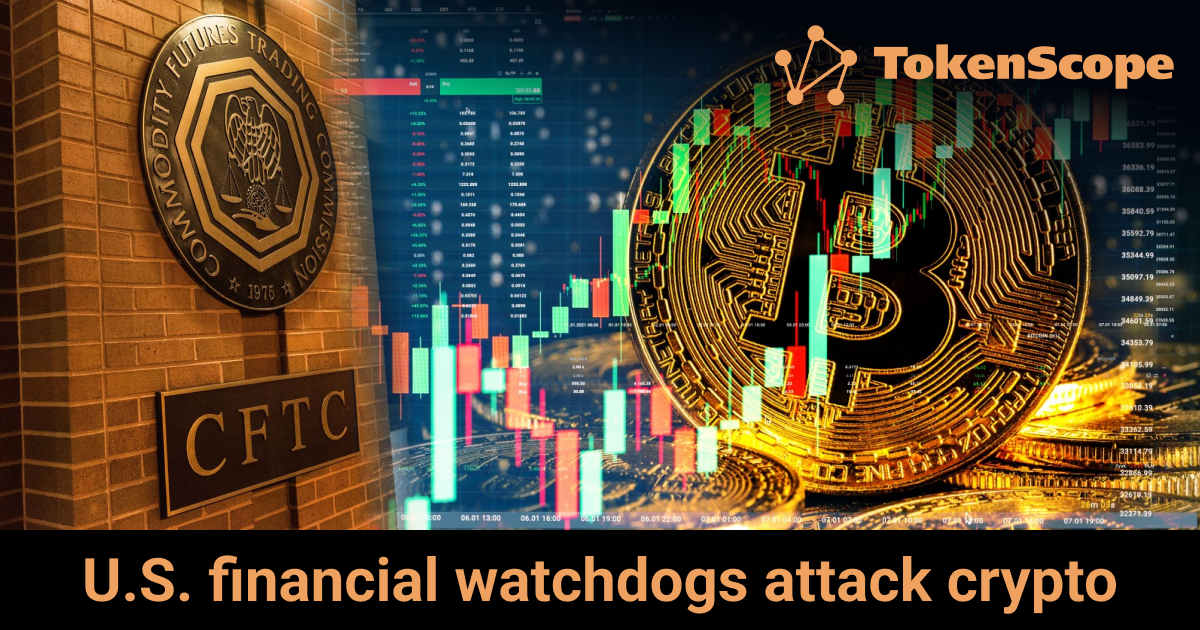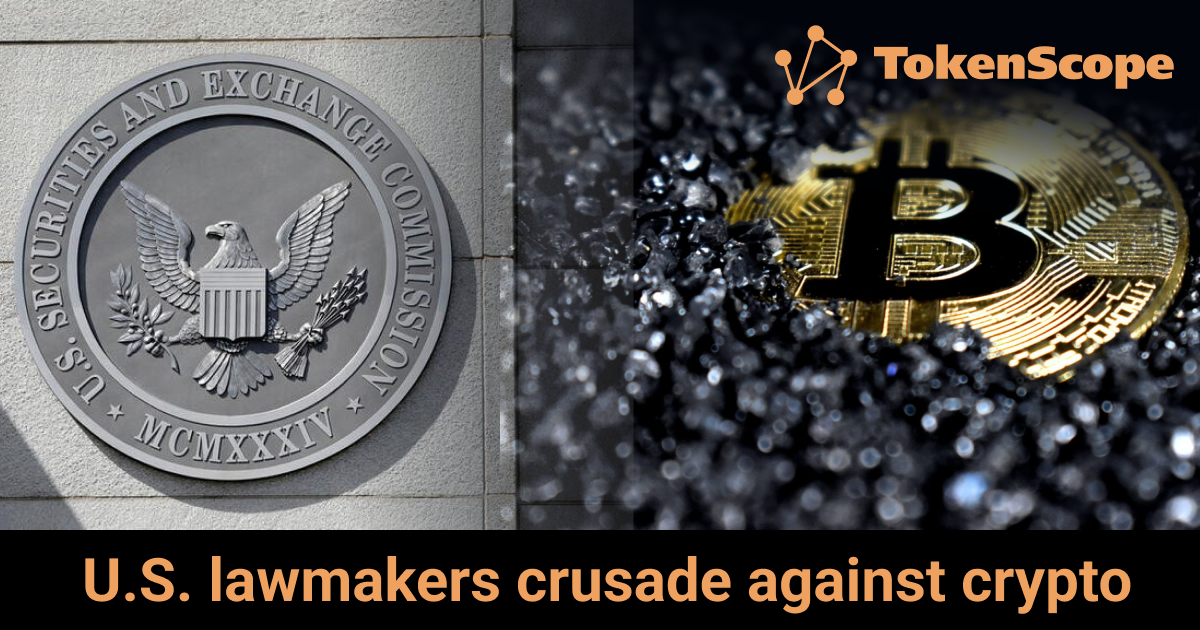Crypto regulation in the world: weekly digest #36

USA
On Monday, Federal Reserve Board announced it will make additional funding of the U.S. banking system through the creation of a new Bank Term Funding Program (BTFP), offering loans of up to one year in length to banks, savings associations, credit unions, and other eligible depository institutions pledging U.S. Treasuries, agency debt and mortgage-backed securities, and other qualifying assets as collateral. The BTFP can add up to $ 2 trillion into the banking system to prevent the spread of the newly-born banking crisis.
These loans may provide the amount of 60% of the liquidity volume seized by the Fed over the past 9 months of interest rate growth. The measures applied allow the Fed to preserve the money of depositors allocated in the collapsed and other problematic banks. Due to these emergency measures, SVB, Silvergate and Signature banks’ depositors have already gained access to their money earlier this week.
Following regulator’s actions, USDC and other stablecoins regained their peg to the U.S. dollar. However, such a large-scale financial assistance will surely affect inflation in the USA and overseas. The cost of bitcoin has already exceeded 27,000 and continues to grow. It remains unclear how financial authorities are going to fight rising inflation during such turbulence on financial markets.
The EU
The European Parliament adopted a bill proposal on digital wallets that will underlie European digital identification. The implementation of the initiative involves the use zero-knowledge protocol (zk-proof) to protect the confidentiality of EU citizens - the technology will verify the location without disclosing additional information.
The document provides a legal basis for the creation of a digital wallet for each EU citizen. It will allow users to store and manage identification data in particular for obtaining public services. The system will allow EU citizens to identify and authenticate themselves on the Web without communication with commercial internet service providers. Within the framework of the new bill, users will be able to obtain full control over their data and decide what information to share and with whom. The European Parliament has adopted a law on data that affects the regulation of smart contracts.
New provisions affect the operation of machines and devices that collect huge amounts of data, including mobile phones, industrial robots and even household appliances. In addition, provisions of the new law include access control mechanisms, as well as commercial secrets protection in smart contracts.
Other news:
-
SVB Financial Group, a parent company of the collapsed Silicon Valley Bank filed for Chapter 11 protection on Friday in New York bankruptcy court.
-
The U.S. SEC Chairman Gary Gensler believes that Proof-Of-Stake tokens are securities. Ether, in his opinion, might also be a security after its transition to Proof-Of-Stake last year. At the same time, the CFTC Chairman Rostin Behnam suggests again that Ether and stablecoins are commodities and should be regulated by the CFTC.
We continue to highlight the news of the world of crypto regulation worldwide. Please stay with us!




